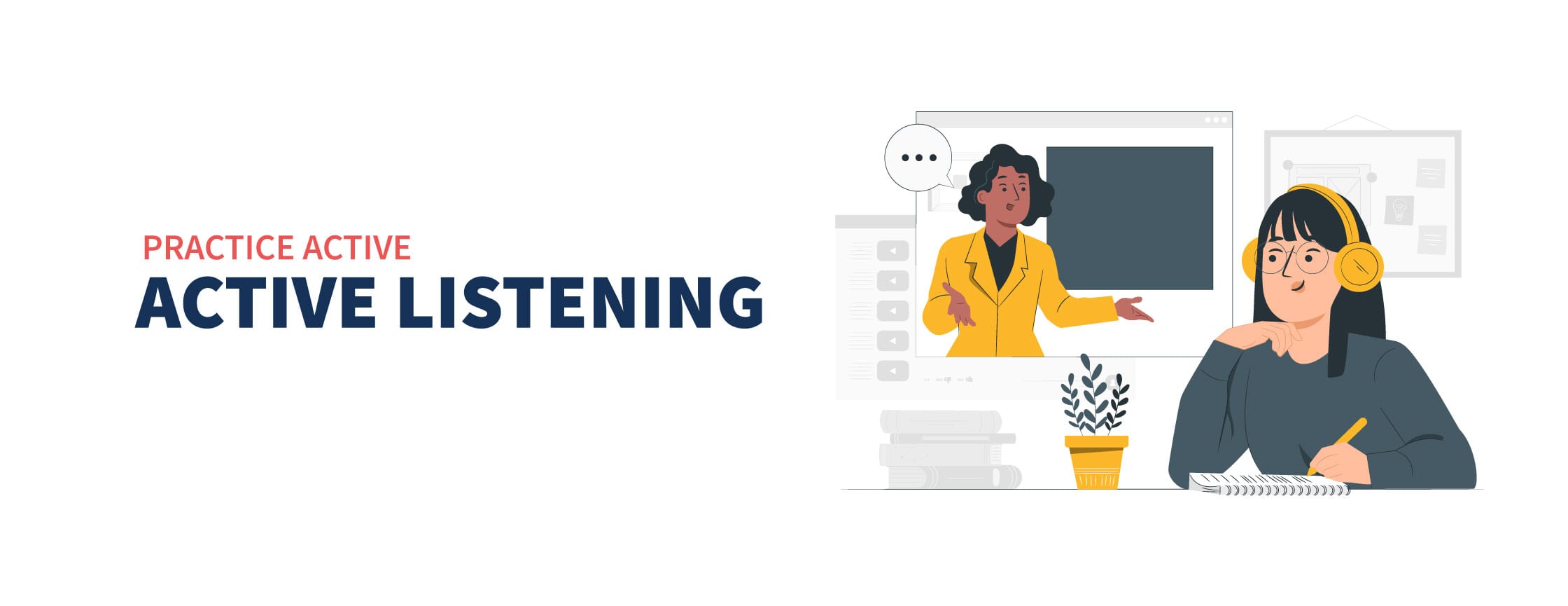For non-native English speakers, mastering the PTE Speaking section can seem like a daunting challenge. However, with the right strategies and techniques, you can boost your confidence and excel in this important aspect of the PTE exam. In this blog post, we will explore specialized tips tailored to non-native English speakers, helping you navigate the PTE Speaking test with ease and proficiency.

Before delving into the tips, let’s briefly understand the PTE Speaking section. This segment evaluates your ability to communicate effectively in English. It consists of several tasks, including Read Aloud, Repeat Sentence, Describe Image, Re-tell Lecture, and Answer Short Questions. Each task assesses different aspects of your speaking skills, such as pronunciation, fluency, and coherence.

Effective speaking begins with active listening. Engage in listening exercises that expose you to a variety of accents and speech patterns. This will not only enhance your understanding but also help you mimic native-like pronunciation and intonation.

Create an English-speaking environment around you. Watch English movies, listen to podcasts, and read newspapers or books. Immersion accelerates language learning and aids in improving your spoken English.

Clear pronunciation is crucial for effective communication. Pay attention to vowel and consonant sounds, stress patterns, and intonation. Practice repeating challenging words and sentences to refine your pronunciation.

Speaking too fast or too slow can impact your fluency. Aim for a moderate pace, allowing you to articulate words clearly while maintaining a natural rhythm.

In tasks like Re-tell Lecture and Describe Image, organize your responses logically. Start with an introduction, highlight key points, and conclude succinctly. This structure enhances coherence and demonstrates effective communication skills.

Diversify your vocabulary to express ideas accurately and vividly. Avoid repetitive words and explore synonyms and idiomatic expressions to make your responses more engaging.

Timed mock tests simulate real exam conditions and improve your time management skills. Practice each task within the specified time limits to build confidence and familiarity.

Record your practice sessions and listen to them critically. Identify areas for improvement, such as pronunciation errors or lack of clarity. Alternatively, seek feedback from peers or online language communities.

In tasks like Answer Short Questions, use fillers (words like “well,” “actually,” “you know”) strategically. These fillers provide you with a moment to gather your thoughts while maintaining fluency.

Nervousness can hinder your performance. Practice relaxation techniques such as deep breathing before the exam to stay calm. Confidence in your abilities will positively impact your speaking skills.
Mastering the PTE Speaking section as a non-native English speaker requires dedication, practice, and targeted strategies. By actively listening, immersing yourself in English, focusing on pronunciation, and refining your speaking skills through practice, you can approach the PTE Speaking test with confidence. Remember that consistency and perseverance are key to achieving excellence. Embrace these tips, and you’ll be well on your way to conquering the PTE Speaking section and achieving your desired score. As always, be sure to follow us for more important updates on PTE.




